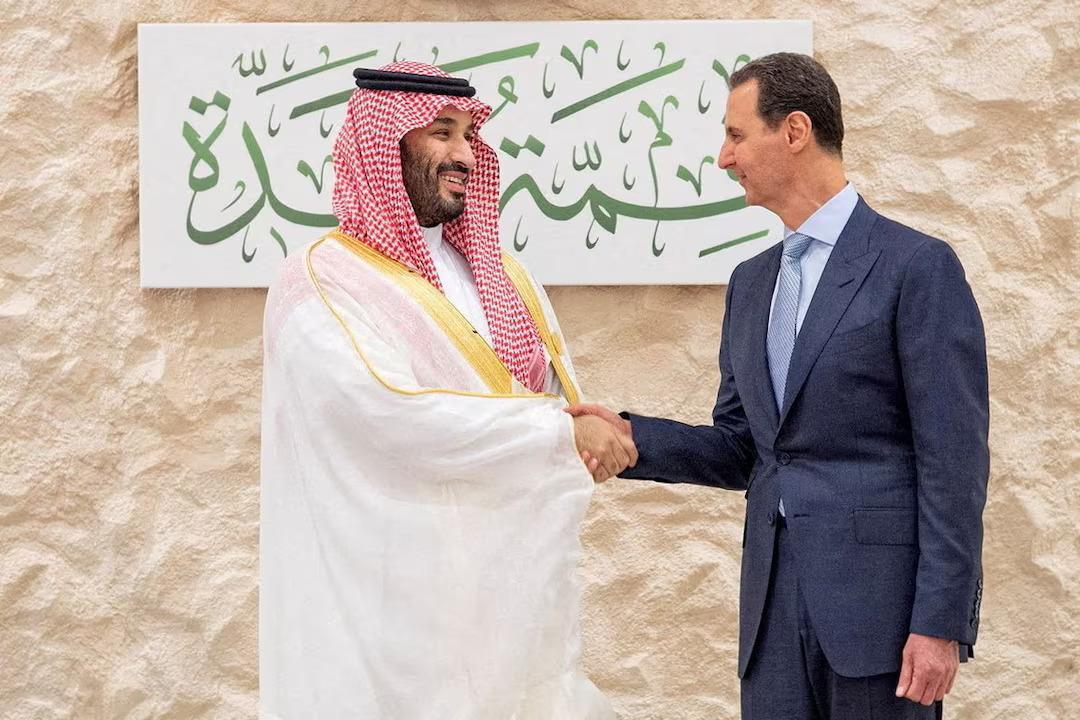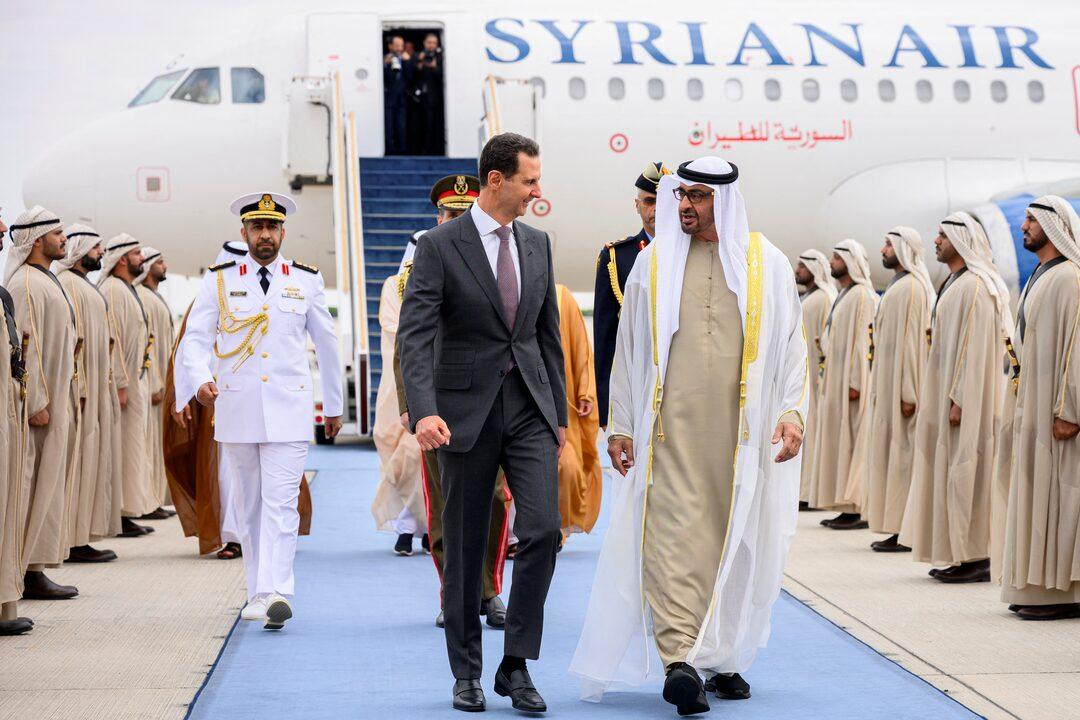Syria’s return to Arab League to shift regional diplomacy Historic opportunity
On May 26, Saudi Arabia announced the appointment of its first ambassador to Syria since severing ties with Damascus in 12 years, marking an ongoing thawing in relations since the war-torn country became isolated by all regional states. The appointment came over a year after Syria was readmitted to the 22-member Arab League as it remained suspended from the group for more than a decade over President Bashar Assad’s brutal crackdown on anti-government protesters in 2011.
The Arab League had cut ties with Syria back in 2011 because Assad had violated a deal with the League that would protect protesters from violence during the Arab Spring. The return of Syria to the Arab League reflects an essential shift in how regional actors view the reality of the survival of al-Assad's government in ways that are at odds with the West.
As a result of mass violence and brutal crackdown, Riyadh severed ties with Damascus in 2012, while other regional states swiftly followed suit. However, Bashar Assad’s success in maintaining power in Syria despite the ongoing violent civil war revealed the limitation of the Saudi-led isolationism of Damascus. As such, all regional states gradually restored diplomatic ties with Syria, while Western partners hesitated to do so.
In line with this decision, flights between Saudi Arabia and Syria resumed in May for the first time in more than a decade. A flight carrying 270 pilgrims left Syria’s capital for Jeddah. The trip is the first of its kind since passenger flights between the two countries were suspended in 2012.

Consequently, unlike other Gulf states, the United Arab Emirates (UAE) became the first regional country to establish communication lines with Damascus and has pushed hard for others to follow suit ever since. More recently, Jordan and its king, Abdullah II—long a close and reliable U.S. ally—have emerged as a key architect of the plan to normalize Assad.
The UAE set a precedent for others in an effort to pave the way for Syria to stabilize domestic violence and get back to a diplomacy track and regional partnership format. Nevertheless, Syria's strategic links to Iran—the archrival of Gulf monarchies—have long been problematic in diplomatic reconciliation between Damascus and Arab countries. However, the Saudi–Iran détente in March 2023 in Beijing opened new horizons and additional space for diplomacy between Syria and its Arab neighbours.

Iran has been a key political and military ally of the Assad government in Syria and the Lebanese Hezbollah group. With critical assistance from Iran and Russia, Assad's forces have regained much rebel-held territory in recent years and now control about two-thirds of Syria. Notwithstanding, unlike regional partners, Europe and the U.S. show no interest in reconciling with Assad, though secretly greenlighting Arab states.
Indeed, the divergent agendas of the various Syrian opposition groups have made it difficult for a unified opposition platform to engage with the international and regional communities and win support. Although Assad's regime did not succeed in reuniting the country under a unique government, the return to the Arab League, restored diplomatic ties with neighbouring countries, and unofficial diplomatic communication with Western countries through mediators mark a major win for Syria's government.
The return to diplomacy track symbolizes Syria's reintegration into the region, boosting optimism that the country could partly return to normal life as Bashar Assad is here to stay. Moreover, gradual reintegration enables Syria to receive more financial aid and investments it desperately needs. In this vein, Saudi Arabia and the UAE, two regional heavyweights, could become the most sustainable donors for Syria's post-war reconstruction and provide feasible political support to official Damascus, enabling it to re-establish diplomatic ties with all countries in the region and beyond.








